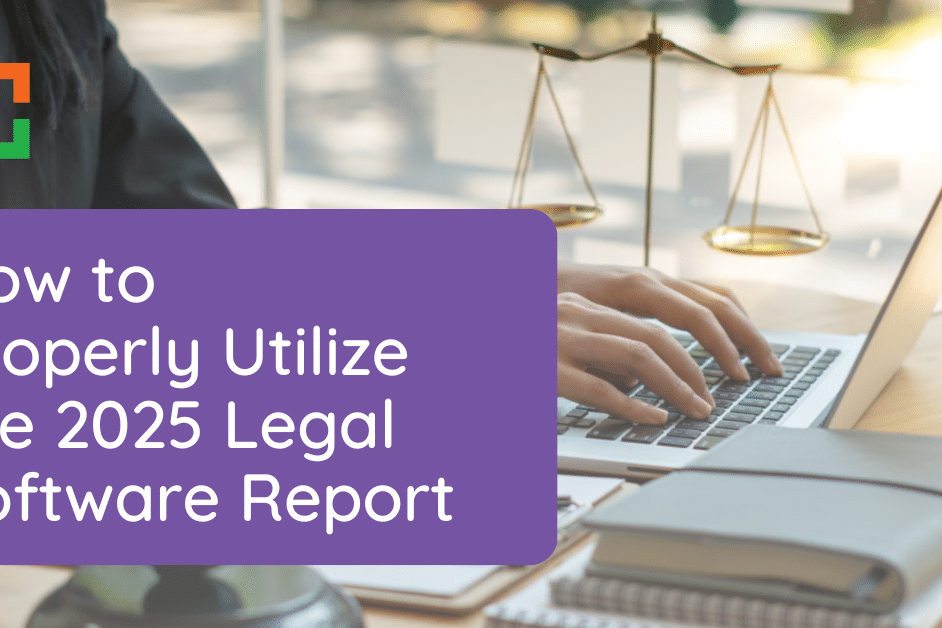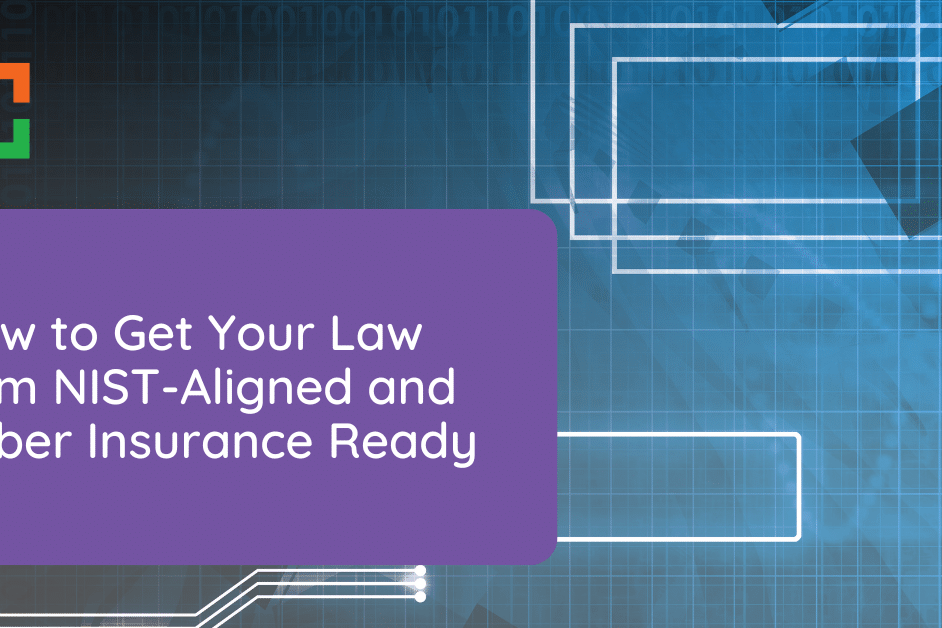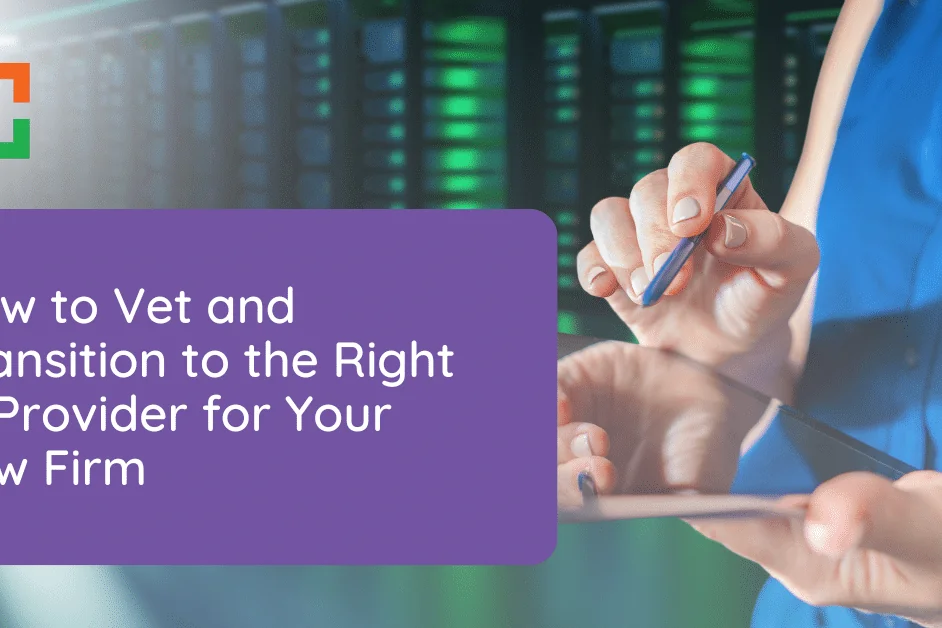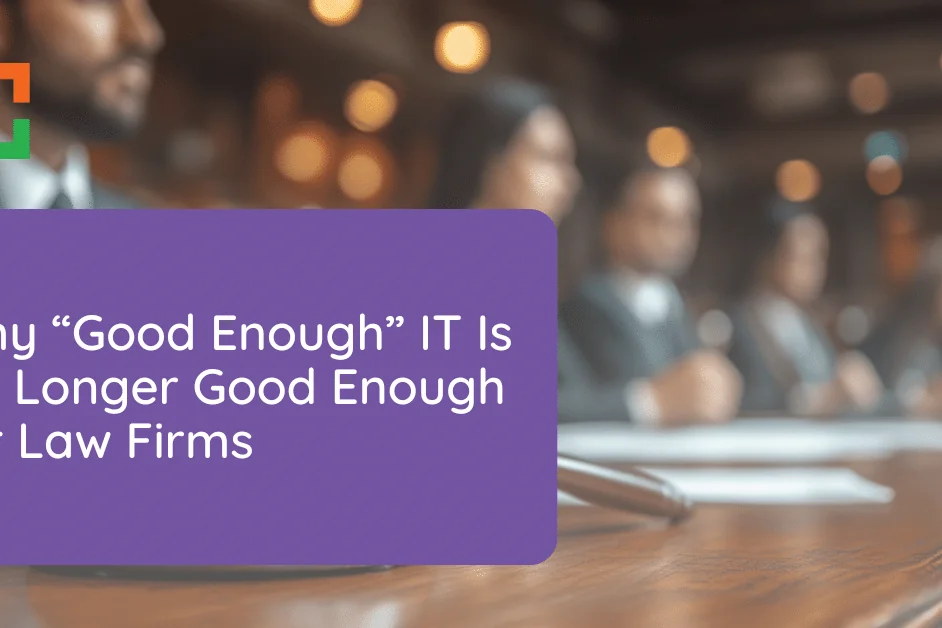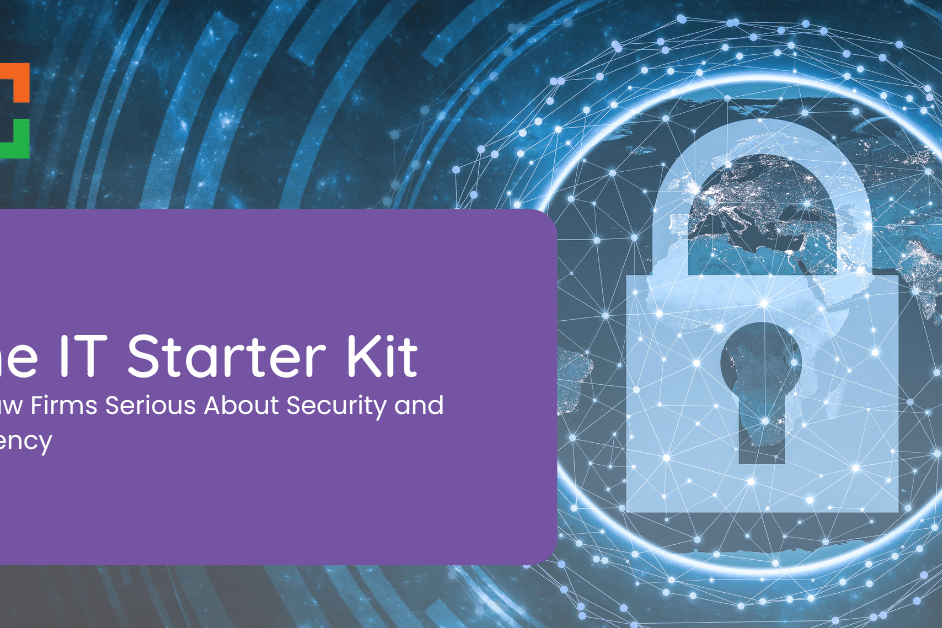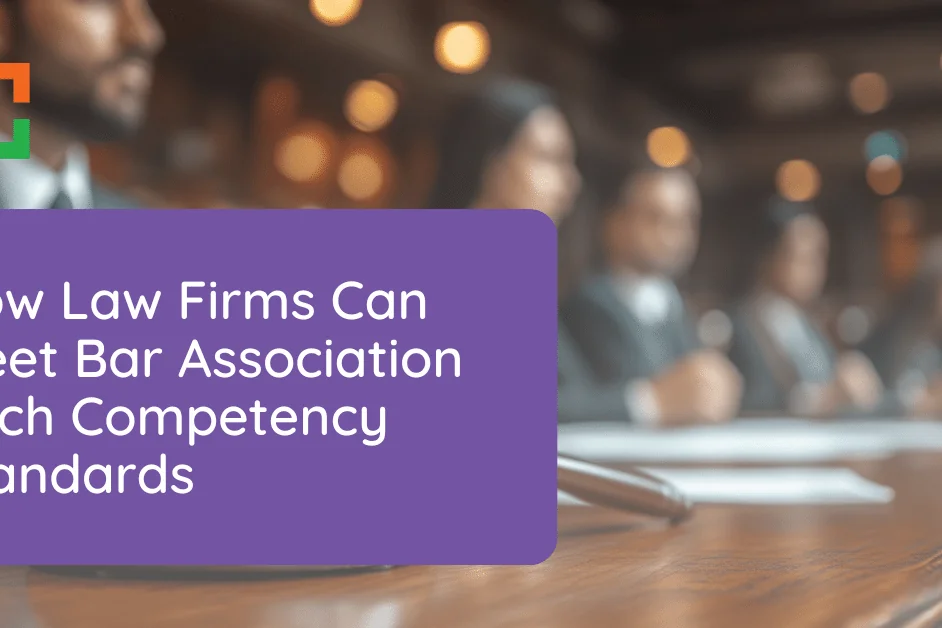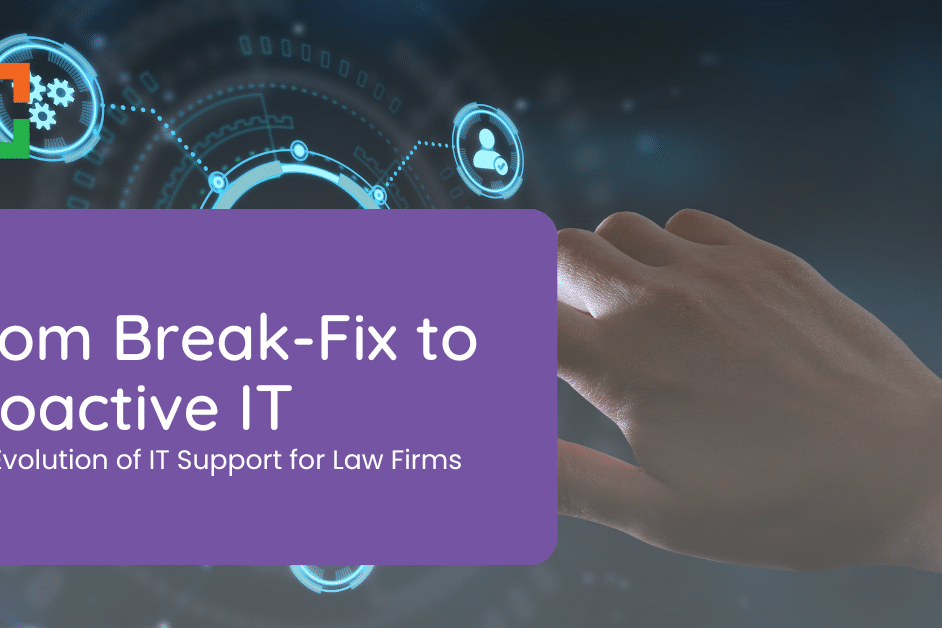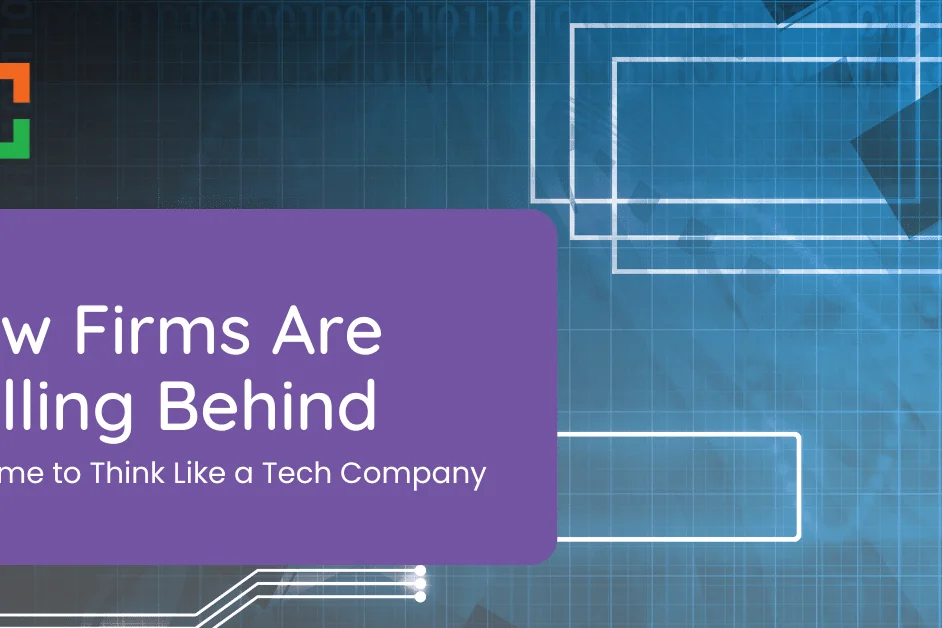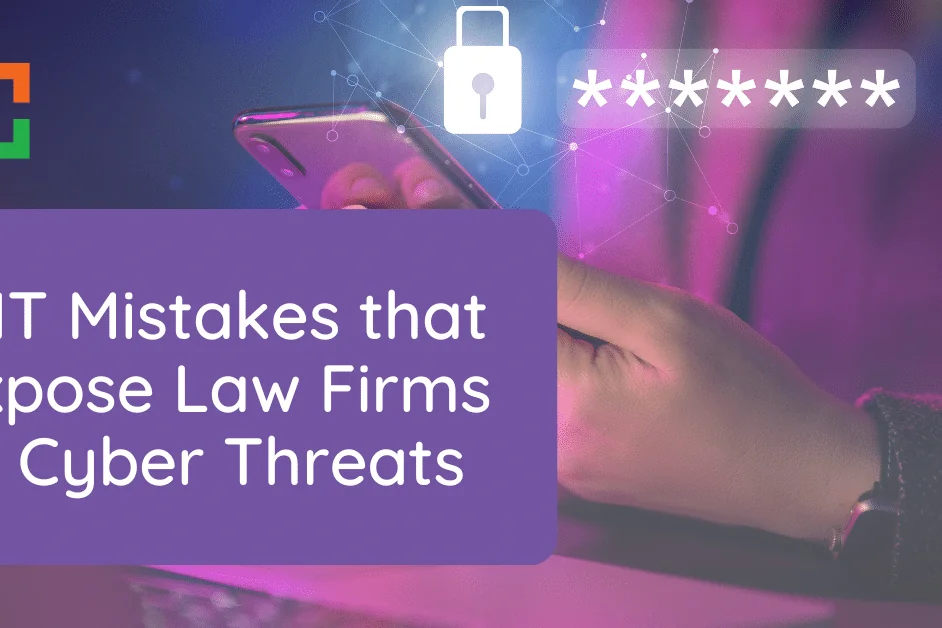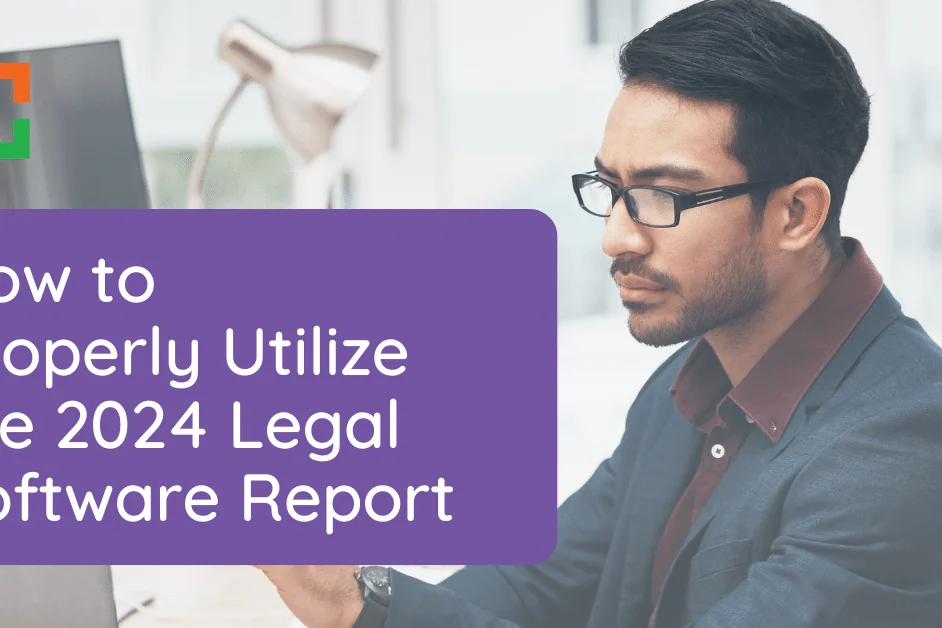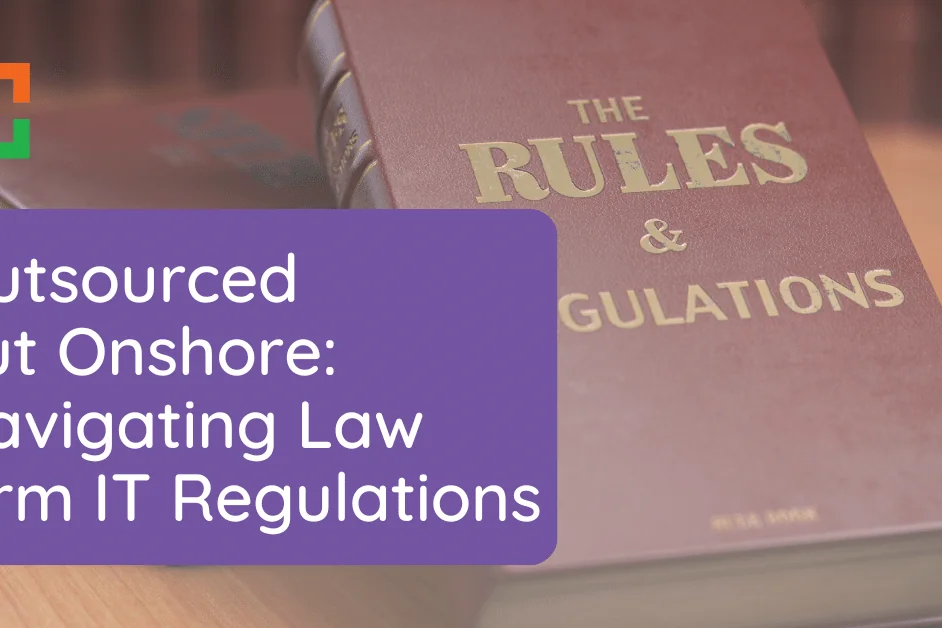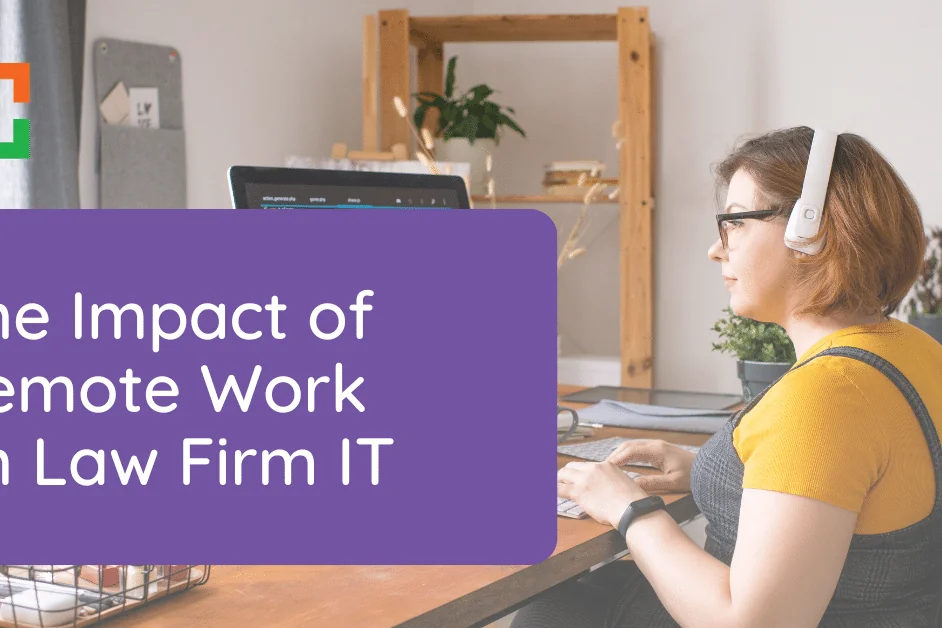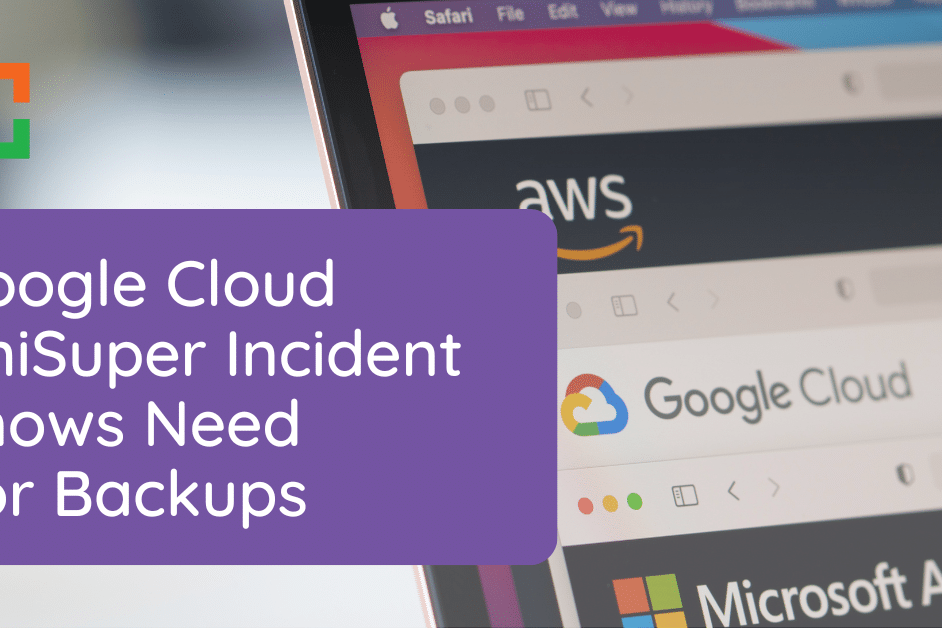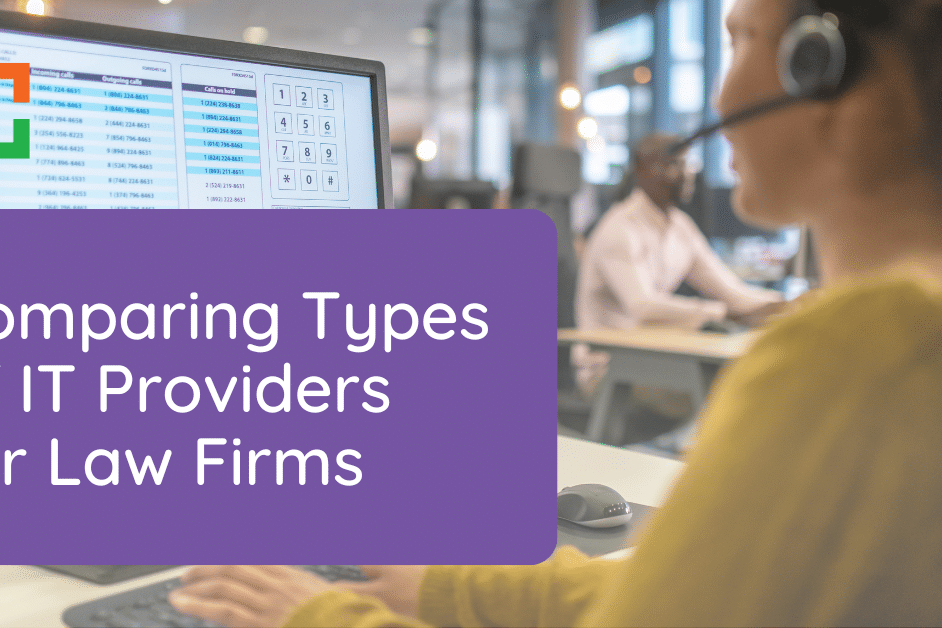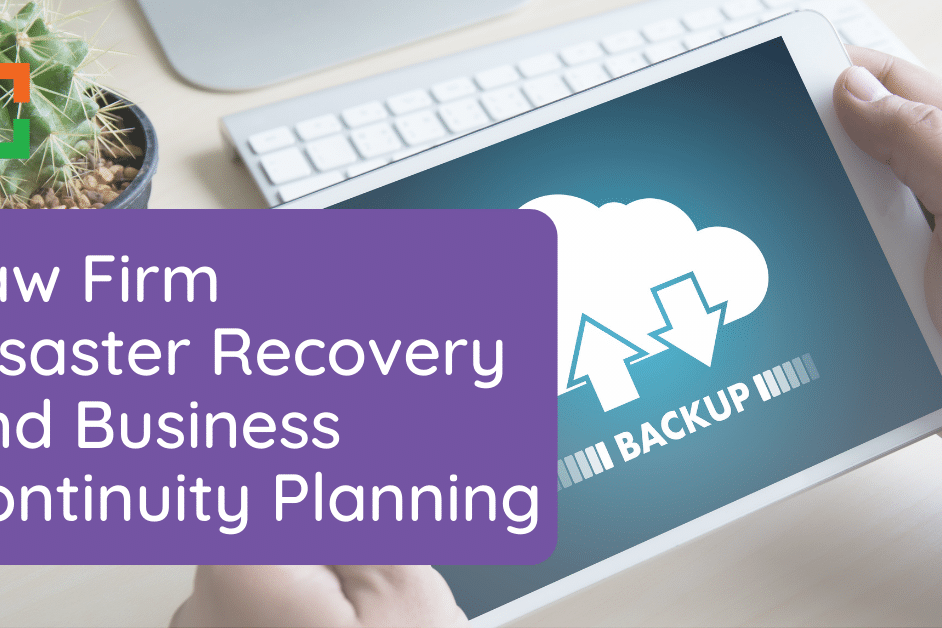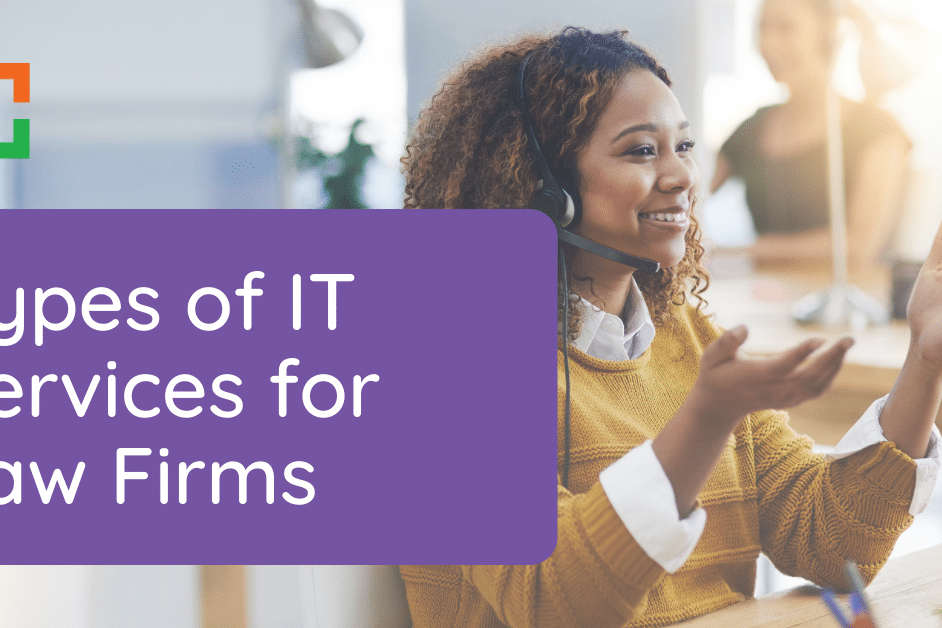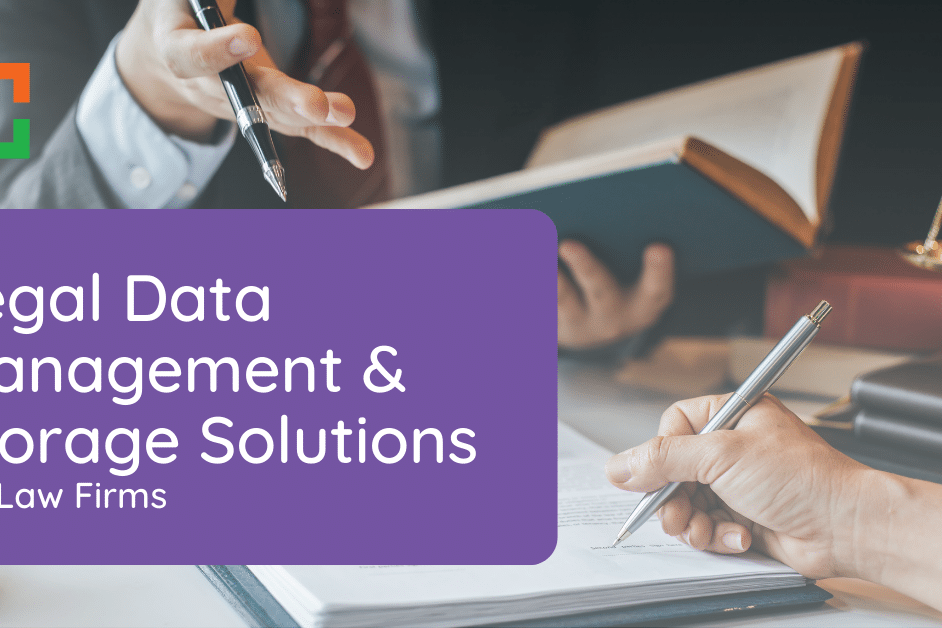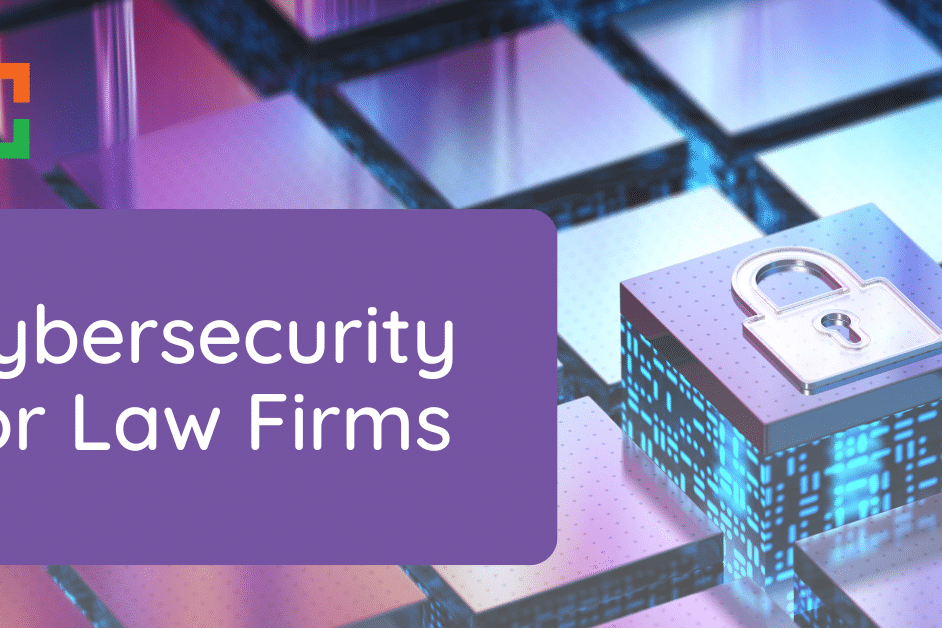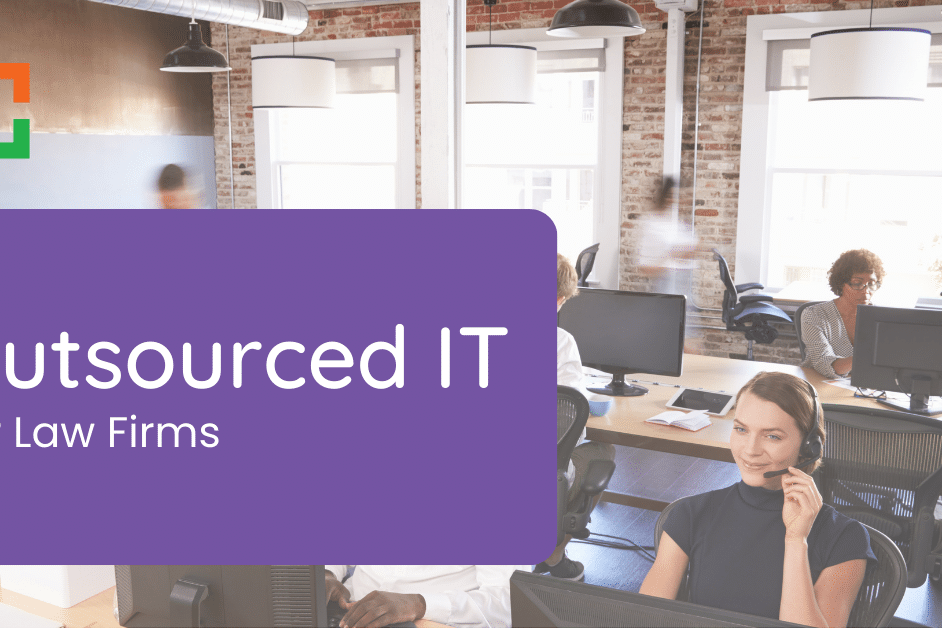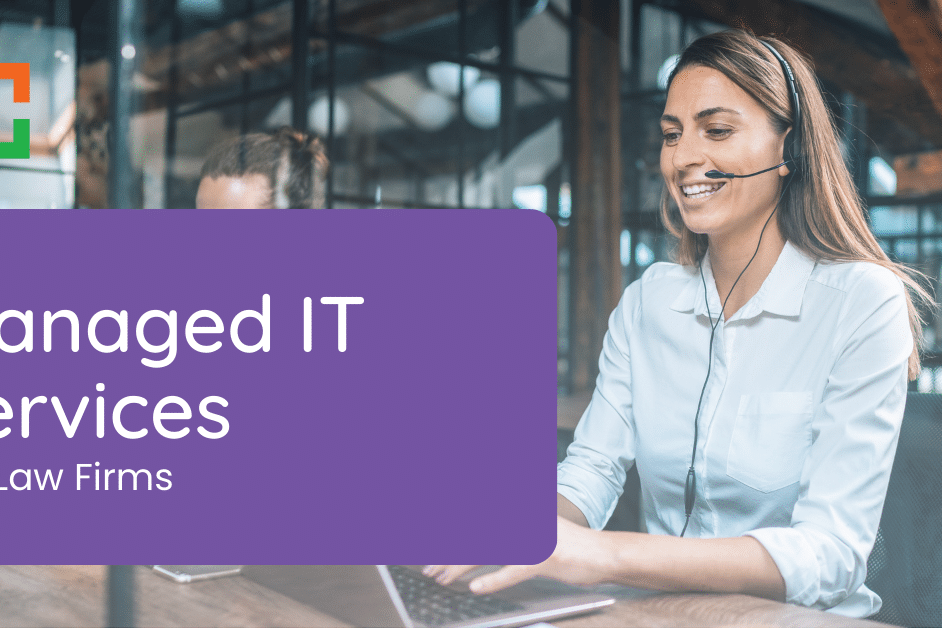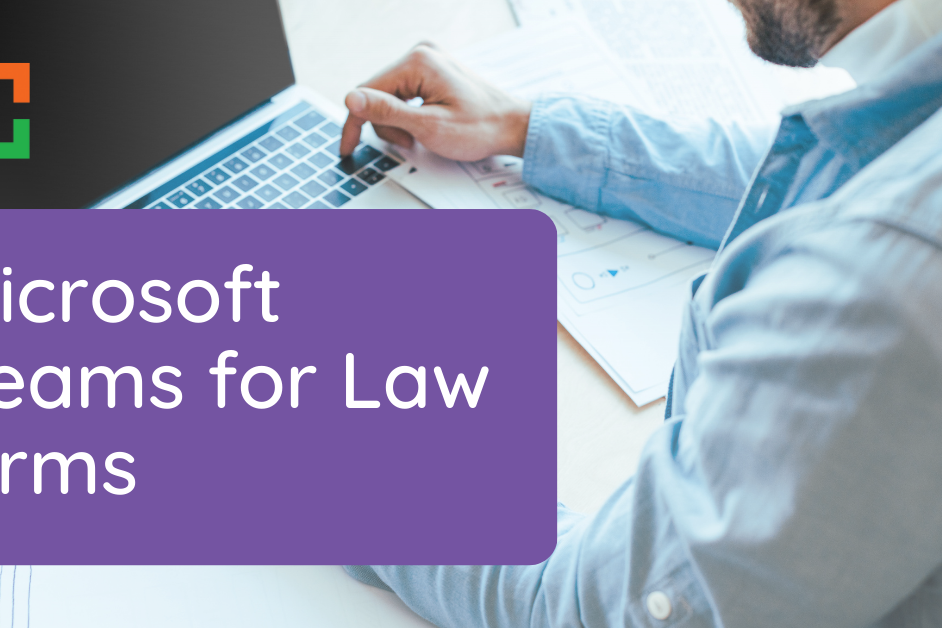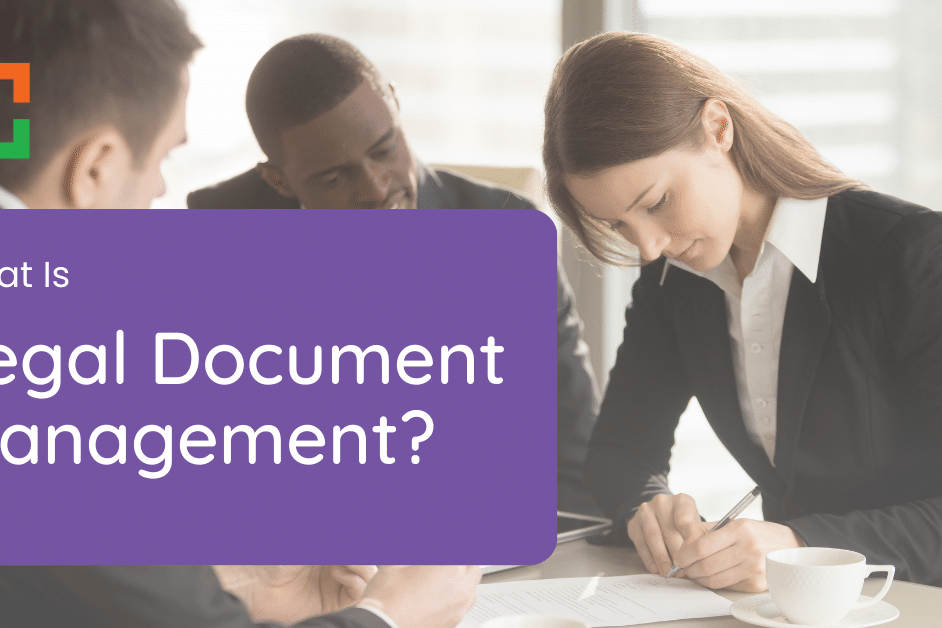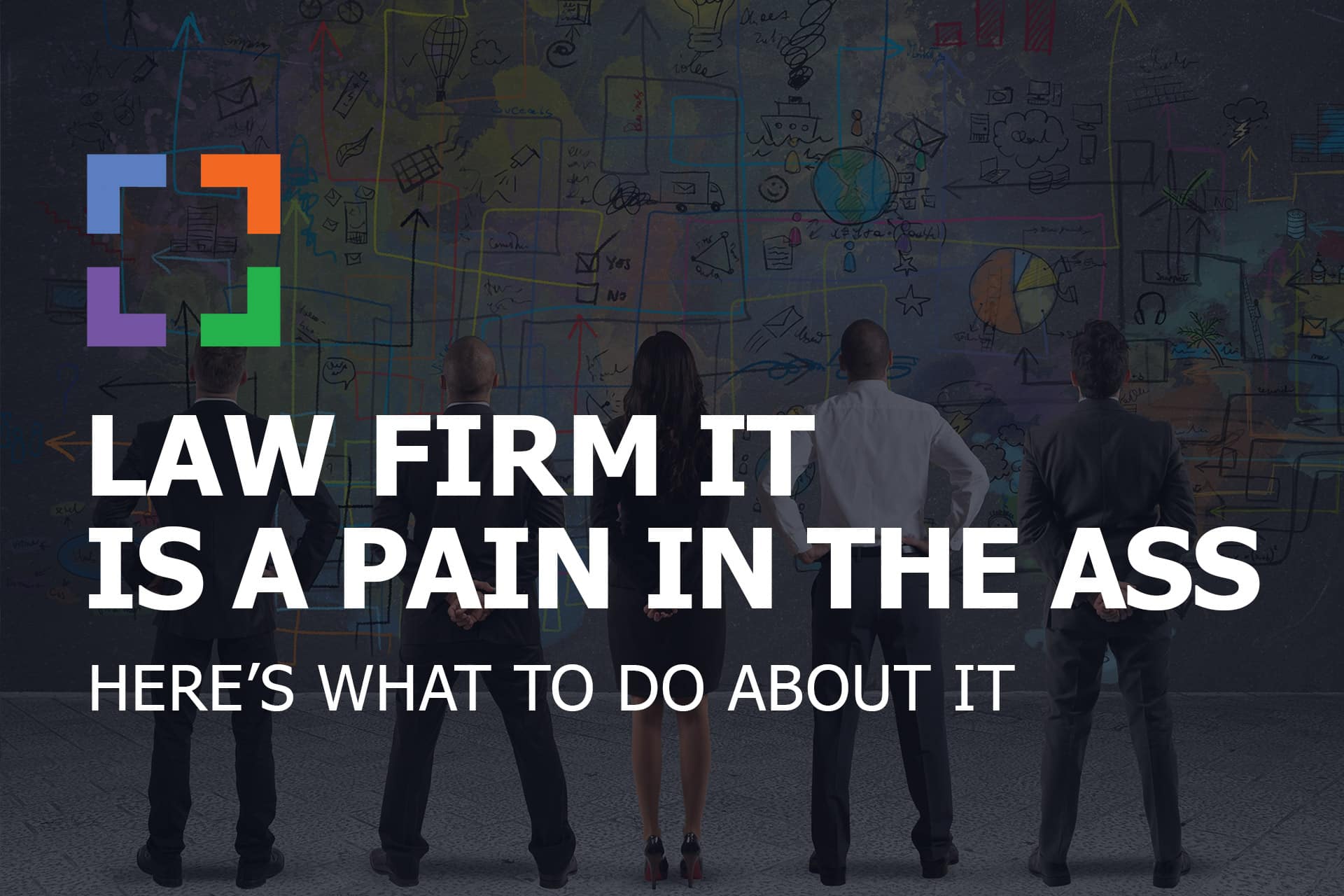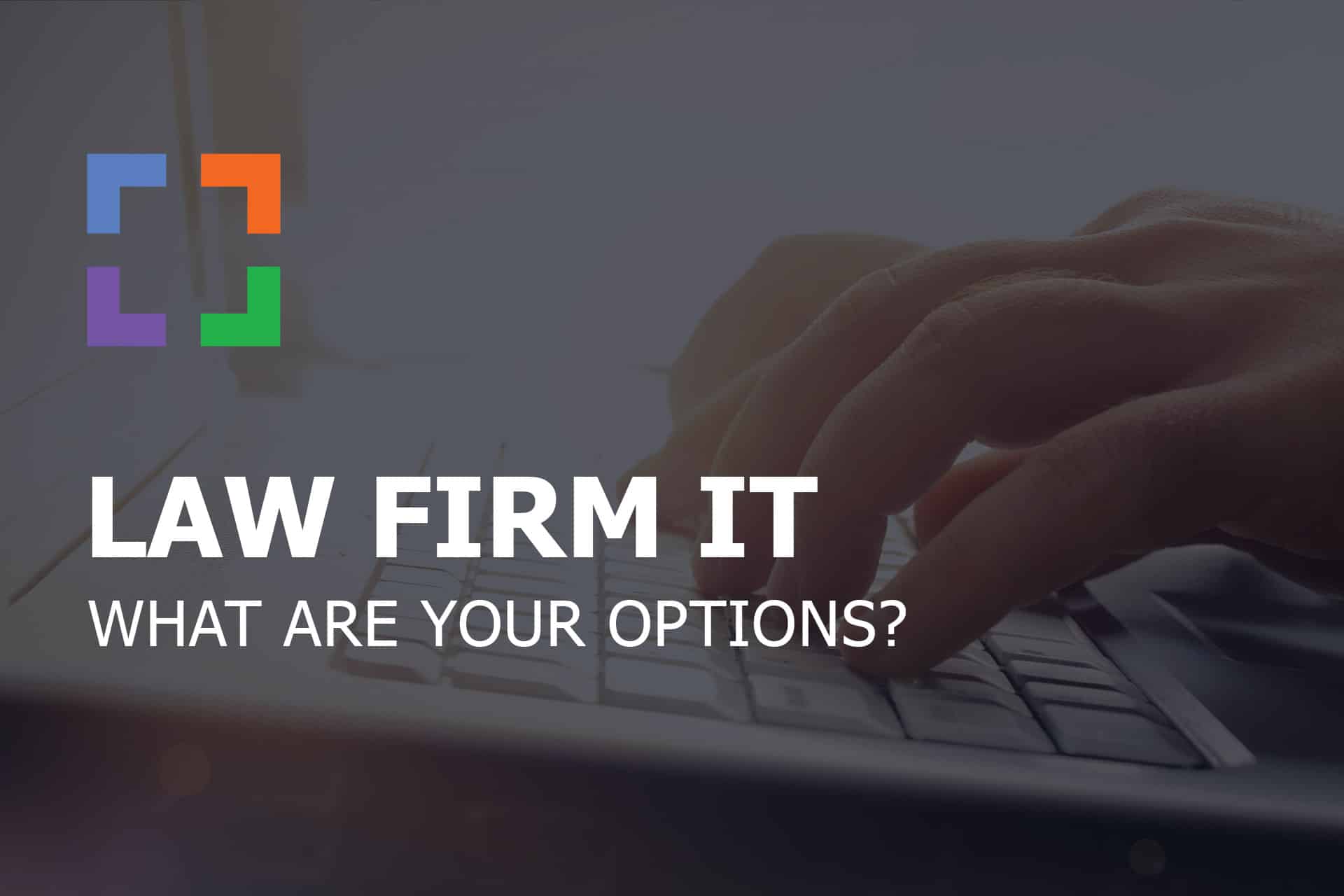When General IT Fails Law Firms: The Cost of Ignoring Legal Specialization
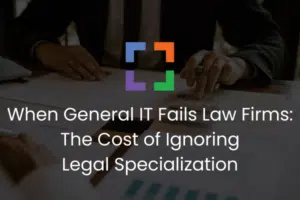
In certain fields, a single misstep—whether it’s downtime, a data breach, or a poorly implemented system—can bring operations to a standstill, damage reputations, and even lead to legal repercussions.
For firms in these high-pressure environments, choosing the right IT partner is not just about convenience; it’s about survival.
You do not want to face the costs of poor IT support. Seeking an IT provider with legal specialization is a simple way to ensure a step up for law firms.
Introduction
Law firms, with their reliance on sensitive client data and strict compliance requirements, are particularly vulnerable when it comes to technology mismanagement.
While many firms turn to general IT providers for support, this approach often leads to disastrous results. Providers unfamiliar with the nuances of legal workflows, compliance regulations, and industry-specific tools can inadvertently cause more harm than good.
This article explores the hidden dangers of relying on non-specialized IT providers, shares real-world horror stories, and offers guidance on finding the right partner for your firm.
Why Law Firms Require Specialized IT
Law firms operate in a complex landscape where technology must support not only efficiency but also confidentiality, compliance, and precision.
General IT providers, while competent in serving businesses at large, often fail to meet the unique demands of law firms.
Here’s why specialized IT is not just beneficial but essential for legal professionals:
Compliance Is Critical and Complex
Law firms are subject to strict rules governing the protection of client information, such as the ABA Model Rules, GDPR, or HIPAA, depending on their jurisdiction.
Meeting these requirements demands a deep understanding of legal ethics and regulatory frameworks. General IT providers often lack the expertise to configure systems that align with these obligations, putting firms at risk of non-compliance, fines, and reputational damage.
Security Demands Precision
The confidentiality of client data is paramount.
Cyber threats targeting law firms—ransomware, phishing, or data breaches—are on the rise, and general IT providers often deploy generic security measures that fail to account for the sensitivity of legal data.
Specialized IT providers, however, implement tailored solutions like data encryption, multi-factor authentication, and secure document-sharing platforms that are designed for the legal profession.
A Need for Scalable Solutions
As firms grow, their technology must scale alongside them.
General IT providers may introduce solutions that work in the short term but fail to adapt to increasing workloads or firm expansion. A specialized provider designs systems with scalability in mind, ensuring that firms have the tools they need both now and in the future.
Efficiency in Legal Workflows
Legal professionals operate in a high-pressure environment where even small disruptions can cause significant setbacks.
Specialized IT providers craft solutions that align with how attorneys and staff actually work, from ensuring compatibility with legal calendaring systems to enabling secure remote work without friction.
General IT providers often deploy cookie-cutter solutions that disrupt established workflows and create inefficiencies.
Legal Tools Require Specialized Support
Law firms rely heavily on tools like document management systems, practice management software, and eDiscovery platforms.
These tools are the foundation of their operations, but they require proper configuration, integration, and maintenance. General IT providers often struggle to provide adequate support, resulting in downtime, inefficiencies, or even lost data. Specialized IT providers understand these tools inside and out, ensuring seamless operation.
Would You Rather: Serve Clients or Manage IT?
Use Uptime Practice Next for:
- Unlimited IT Support
- Legal Software Consultation
- Cloud Storage
- Security Protection
- Data Backups
- and More!
When it comes to technology, law firms cannot afford to compromise.
Specialized IT providers bridge the gap between standard IT solutions and the intricate demands of legal work, enabling firms to focus on what they do best—serving their clients.
Horror Stories: When IT Fails Law Firms
The consequences of relying on a general IT provider for a law firm’s needs can be catastrophic.
These real-world scenarios highlight what happens when legal-specific expertise is overlooked, leading to devastating results.
Solo Practitioner: Phishing Attack Leading to Client Fund Theft
In August 2024, a solo practitioner at Hastings, Cohan & Walsh, LLP in Connecticut experienced a phishing attack that resulted in a client losing approximately $600,000.
Cybercriminals compromised the attorney's email system and sent fraudulent wire instructions to the client, who unknowingly transferred funds to the attackers.
The incident led to a lawsuit against the firm, highlighting the critical need for robust cybersecurity measures, such as two-factor authentication and secure communication protocols, to protect client assets.
Small Law Firm: Data Breach and Subsequent Lawsuit
In June 2024, Keesal, Young & Logan, a small law firm, suffered a data breach that exposed the personal information of over 300,000 individuals.
The breach led to a federal class-action lawsuit alleging that the firm failed to protect sensitive data adequately. This case underscores the importance of implementing comprehensive data security measures to safeguard client information and maintain trust.
Large Law Firm: Data Breach via Third-Party Software
In May 2023, Kirkland & Ellis LLP, one of the world's largest law firms, was implicated in a data breach involving the MOVEit Transfer software.
The breach compromised sensitive personal information of at least 4,700 individuals, leading to a proposed class-action lawsuit alleging that the firm failed to adequately protect the data.
This incident highlights the vulnerabilities that can arise from third-party software used in data transfers and the necessity for rigorous security assessments of all tools employed by a firm.
Security & Compliance are Non-Negotiable for Law Firms
With Uptime Practice Next, get:
- Multi-Factor Authentication
- Email Encryption
- Compliant Backups
- Desktop Protection
- Ransomware Protection
- and More!
These examples illustrate that law firms, regardless of size, are susceptible to various IT challenges.
Implementing robust cybersecurity protocols, conducting regular security assessments, and ensuring secure communication channels are essential steps to protect client information and uphold the firm’s reputation.
The Hidden Costs of General IT Providers
At first glance, partnering with a general IT provider may seem like a cost-effective choice for law firms.
However, beneath the surface lies a host of hidden costs that can far outweigh the initial savings. These costs aren’t just financial—they also affect productivity, reputation, and client trust.
Downtime: The Silent Revenue Killer
Downtime is one of the most significant hidden costs for law firms. When IT systems fail, lawyers and staff lose access to critical files, case management systems, and communication tools.
Even a few hours of downtime can result in substantial lost billable hours, delayed filings, and frustrated clients. A general IT provider unfamiliar with the urgency of legal deadlines may not prioritize rapid resolution, exacerbating the issue.
Hypothetical: A law firm relying on a general IT provider faced a three-day outage after a server migration went awry. The downtime cost the firm over $50,000 in lost billable hours and eroded client confidence.
Data Recovery and Restoration Costs
General IT providers often lack robust backup and disaster recovery strategies tailored to the legal industry. When data is lost due to mismanagement or a breach, recovery efforts can be costly and time-consuming.
These expenses include hiring specialists to retrieve data, implementing new systems, and compensating clients for damages caused by delays or loss of sensitive information.
Hypothetical: After a ransomware attack, a small law firm was forced to pay $20,000 in recovery costs because their general IT provider had not implemented encrypted backups or an effective recovery plan.
Compliance Failures and Legal Penalties
The legal industry is subject to stringent compliance regulations, from HIPAA to GDPR and ABA guidelines.
General IT providers may implement systems that overlook these requirements, leading to non-compliance fines, audits, and potential lawsuits. These failures can result in significant financial penalties and reputational harm.
Hypothetical: A healthcare law firm faced a $100,000 fine after a compliance audit revealed that their IT provider had failed to secure email communications in accordance with HIPAA regulations.
Reputational Damage: The Cost of Client Trust
IT failures, particularly those involving data breaches, can severely damage a law firm’s reputation.
Clients entrust law firms with sensitive personal and business information, and a breach of that trust can lead to lost clients and a tarnished image. General IT providers often fail to recognize the importance of maintaining client confidentiality in the legal sector.
Hypothetical: Following a phishing attack that resulted in the theft of client funds, a solo practitioner faced a lawsuit and the loss of several key clients, demonstrating the ripple effect of IT mismanagement on reputation.
Increased Staff Frustration and Turnover
When IT systems are unreliable, lawyers and support staff often spend valuable time troubleshooting issues or devising workarounds.
Over time, this can lead to frustration, burnout, and even attrition, further compounding costs as the firm must recruit and train replacements.
Hypothetical: A mid-sized firm using a general IT provider experienced frequent system crashes, prompting several employees to leave due to the daily disruption to their workflows.

Uptime Practice was a true miracle when the pandemic struck. We moved to Uptime Practice and were working immediately.
Todd Tracy – The Tracy Law Group, PLLC
The true cost of relying on a general IT provider goes far beyond the surface.
These hidden expenses highlight why law firms need specialized IT support that understands their unique needs and stakes. By addressing these challenges proactively, firms can safeguard their operations, finances, and reputation.
What to Look for in a Legal-Specialized IT Provider
When choosing an IT provider for your law firm, understanding what sets legal-specialized providers apart is crucial. These providers go beyond basic IT support, addressing the unique challenges law firms face.
Here’s what to look for when selecting a partner that truly understands the legal industry.
Familiarity with Legal-Specific Software
Law firms rely on industry-specific tools, such as case management systems, document management platforms, and eDiscovery solutions. A specialized IT provider should have extensive experience integrating, optimizing, and supporting these tools. Look for a provider that can troubleshoot issues quickly and proactively recommend software improvements tailored to your practice.
What to Ask:
- “Have you worked with [specific software name] before?”
- “Can you provide examples of how you’ve optimized workflows for law firms?”
Expertise in Compliance and Security
Legal professionals are held to stringent compliance standards, from protecting client confidentiality to adhering to data privacy laws like GDPR or HIPAA. A legal-specialized IT provider will have a deep understanding of these regulations and implement measures such as encrypted communication, secure backups, and access controls to ensure compliance.
What to Look For:
- Proactive compliance audits and regular updates.
- Implementation of advanced cybersecurity measures tailored to the legal field.
Downtime Prevention and Disaster Recovery Plans
The legal industry runs on tight deadlines, and even brief downtime can lead to missed filings or lost billable hours. Specialized IT providers prioritize minimizing downtime with proactive monitoring and robust disaster recovery plans. They also ensure that your data is backed up securely and accessible during emergencies.
What to Verify:
- “How do you monitor and address potential system failures before they occur?”
- “What’s your approach to disaster recovery in a legal setting?”
Tailored Solutions for Legal Workflows
General IT providers often deploy cookie-cutter solutions that fail to address the intricacies of legal work. Specialized providers design IT infrastructure around your firm’s workflows, ensuring seamless collaboration, secure file sharing, and effective remote access.
What to Ask:
- “How do you customize solutions to meet the needs of law firms?”
- “Can you help us streamline communication and file-sharing processes?”
Proven Track Record with Law Firms
A provider’s experience with law firms is one of the best indicators of their ability to deliver. Look for testimonials, case studies, or references that demonstrate their understanding of the legal industry’s unique demands.
What to Request:
- Client references from other law firms.
- Case studies showcasing successful partnerships with firms of similar size and specialization.
Responsive and Knowledgeable Support
Legal work rarely follows a 9-to-5 schedule, and your IT provider should be ready to address issues promptly. Legal-specialized providers understand the urgency of IT problems in a legal setting and offer responsive support from professionals familiar with legal technology.
What to Ensure:
- “What’s your average response time for support requests?”
- “Do your technicians have expertise in handling legal-specific IT issues?”
Choosing the right IT provider is about more than just fixing computers or troubleshooting email issues.
It’s about finding a partner who understands the stakes of legal work and can proactively support your firm’s growth and success. By focusing on these criteria, law firms can ensure that their IT infrastructure is in capable hands.
Frequently Asked Questions
General IT providers often lack the specialized knowledge needed to support legal-specific software, ensure compliance with strict regulations, and manage the unique demands of legal workflows. This can lead to inefficiencies, compliance violations, and increased risks for law firms.
Legal-specialized IT providers stay up to date on regulations like GDPR, HIPAA, and ABA Model Rules. They implement measures such as encrypted backups, secure file sharing, and regular audits to ensure systems meet legal compliance requirements and protect client confidentiality.
Downtime can lead to missed deadlines, lost billable hours, and dissatisfied clients. General IT providers may not prioritize rapid resolution or understand the urgency of legal deadlines, prolonging recovery times and increasing costs. Specialized providers proactively monitor systems to prevent downtime and address issues quickly when they arise.
Legal IT providers implement tailored cybersecurity strategies, including multi-factor authentication, encrypted communication, regular system updates, and employee training to minimize vulnerabilities. They also establish backup and recovery protocols to ensure data integrity in the event of an attack.
While the upfront costs may be higher, legal IT services save money in the long run by preventing costly issues like data breaches, compliance fines, and operational disruptions. The investment ensures greater reliability, security, and efficiency, which translates to more billable hours and fewer risks.
Legal IT providers should support tools such as document management systems (e.g., iManage, LexWorkplace), practice management software (e.g., Clio, PracticePanther), eDiscovery platforms, and billing systems. Their expertise ensures seamless integration, updates, and troubleshooting.
Yes. Legal IT providers understand the requirements of audits and can ensure systems are prepared to demonstrate compliance. They can also assist with eDiscovery requests, providing the necessary tools and expertise to handle large volumes of digital data efficiently and securely.
A specialized IT provider will create a detailed transition plan that includes assessing your current systems, identifying gaps, and implementing new solutions without disrupting operations. They’ll also ensure all data is securely migrated and that staff are trained on any new tools or processes.
Proactive measures include regular vulnerability assessments, real-time monitoring, penetration testing, and employee training to recognize phishing attempts. Legal IT providers also enforce security best practices, like strong password policies and access controls.
Specialized IT providers streamline legal workflows by optimizing software, ensuring seamless integration between tools, and eliminating redundant or manual processes. They also provide reliable remote access and collaboration tools, enabling attorneys and staff to work efficiently from anywhere.
Uptime Practice:
The IT & Cloud Platform for Law Firms.
Uptime Practice is a suite of Managed IT and cloud services, made exclusively for law firms.
Practice Next
Technology + Legal Software Support for Modern Law Firms
Practice Next is a suite of Managed IT, Legal Software Support, and Cloud Essentials, made just for law firms.
-
Practice Next is a suite managed IT, technology essentials and legal software support.
-
Practice Next includes unlimited IT and legal software support, Microsoft 365, legal-centric cloud storage and more.
-
Practice Next pairs great with cloud-based legal software such as Clio Manage, CosmoLex, MyCase and more.
Practice Go
Cloudify Your Legal App
Does your law firm already have a cloud strategy, but have one premise-based application still running on onsite servers? Practice Go is for you.
- With Practice Go, we effectively turn your desktop/server- based legal software into a cloud application (a Published App), freeing your firm from the limitations of traditional software.
- Practice Go can cloudify your PCLaw, Time Matters, Tabs3, ProLaw, Juris, QuickBooks and more.
Practice Foundation
Complete Private Cloud for Law Firms
If your law firm needs a central, secure cloud platform for all of your legal software, documents and data, Practice Foundation is for you.
-
Practice Foundation is an end-to-end cloud platform that will host all of your firm's applications and documents, and will optionally include Office 365 + unlimited IT support. Everyone in your firm logs into a Virtual Desktop where they'll find all of their apps and docs.
-
Practice Foundation works with PCLaw, Time Matters, Tabs3, ProLaw, Juris, QuickBooks, Timeslips, TrialWorks, Adobe Acrobat and more.
Not Sure Which Edition You Need?
No problem. Check out our quick Comparison Chart for Uptime Practice, or Get in Touch to talk with our sales team.

Dennis Dimka
As the founder and CEO of Uptime Legal Systems, I've had the privilege of guiding our company to become a leading provider of technology services for law firms.
Our growth, both organic and through strategic acquisitions, has enabled us to offer a diverse range of services, tailored to the evolving needs of the legal industry.
Being recognized as an Ernst & Young Entrepreneur of the Year Finalist and seeing Uptime Legal ranked among the Inc. 5000 list of fastest-growing private companies in America for eight consecutive years are testaments to our team's dedication.
At Uptime Legal, we strive to continuously innovate and adapt in the rapidly evolving legal tech landscape, ensuring that law firms have access to the most advanced and reliable technology solutions.
Related Posts
September 16, 2025
How to Properly Utilize the 2025 Legal Software Report
January 20, 2025
5 IT Mistakes that Expose Law Firms to Cyber Threats
September 30, 2024
How to Properly Utilize the 2024 Legal Software Report
September 26, 2024
Outsourced but Onshore: Navigating Law Firm IT Regulations
June 27, 2024
The Impact of Remote Work on Law Firm IT
May 29, 2024
The Real Value of Legal Specialty in IT Services
April 24, 2024
Comparing Types of IT Providers for Law Firms
March 13, 2024
Law Firm Collaboration Software
February 28, 2024
Law Firm Disaster Recovery and Business Continuity Planning
February 22, 2024
Types of IT Services for Law Firms
February 8, 2024
Legal Data Management & Storage Solutions for Law Firms
February 1, 2024
How to Choose the Right IT Provider – A Guide for Law Firms
January 9, 2024
VoIP for Law Firms
December 15, 2023
Cybersecurity for Law Firms
December 8, 2023
Managed Cloud Services for Law firms
November 15, 2023
Outsourced IT for Law Firms
November 9, 2023
Managed IT Services for Law Firms
October 11, 2023
IT Support for Law Firms
August 30, 2023
Microsoft Teams for Law Firms
March 8, 2023
What is Legal Document Management?
December 22, 2022
Interpreting the 2022 Legal Trends Report
June 17, 2019
Law Firm IT – What Are Your Options?
June 10, 2019
